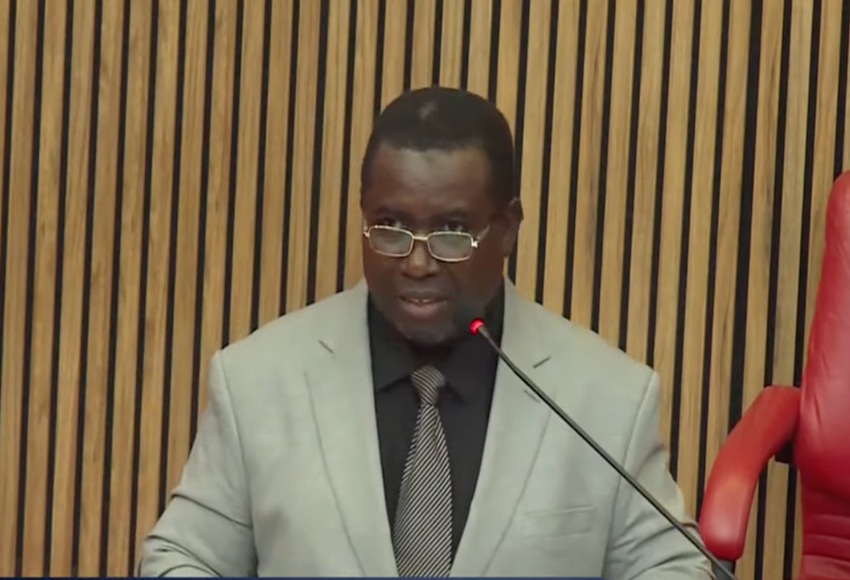Federal worker associations in the U.S. have filed a lawsuit in Washington’s federal court, seeking to block the Trump administration’s plan to shut down the United States Agency for International Development (USAID).
The American Foreign Service Association and the American Federation of Government Employees are behind the legal action, arguing that USAID is a congressional creation that cannot be dismantled by the executive branch.
USAID is the primary U.S. agency responsible for billions of dollars in global development aid, covering areas such as healthcare, disaster relief, nutrition, and sex education.
President Trump and Elon Musk, the Tesla CEO and head of the Department of Government Efficiency, have targeted USAID as part of broader efforts to reduce the federal workforce and cut taxpayer expenses.
On February 5, USAID announced it would place all its directly hired staff on administrative leave after DOGE staff gained unauthorized access to its headquarters and database. The agency also stated that personnel abroad would be recalled within 30 days.
On Thursday, the Trump administration unveiled a plan to reduce USAID to a staff of just 300 from its current 10,000. Congressional Democrats have condemned this proposal as unconstitutional.
In their lawsuit, the workers are asking the court to order the reopening of USAID offices, the return of employees to their duties, and the restoration of funding.
They argue that the administration has failed to recognize the severe consequences of its actions, both for American workers and the millions of people who benefit from USAID’s work, as well as for U.S. national interests.
Trump plans to dismantle USAID and move its functions to the State Department. During a visit to Guatemala on Wednesday, U.S. Secretary of State Marco Rubio stated that USAID’s programs must align with the policies of the Trump administration moving forward.
He emphasized, “The United States is not walking away from foreign aid. We will continue to provide foreign aid and be involved in programs, but they must be ones we can defend, explain, and justify. Otherwise, we risk endangering foreign aid.”
Advertisement







